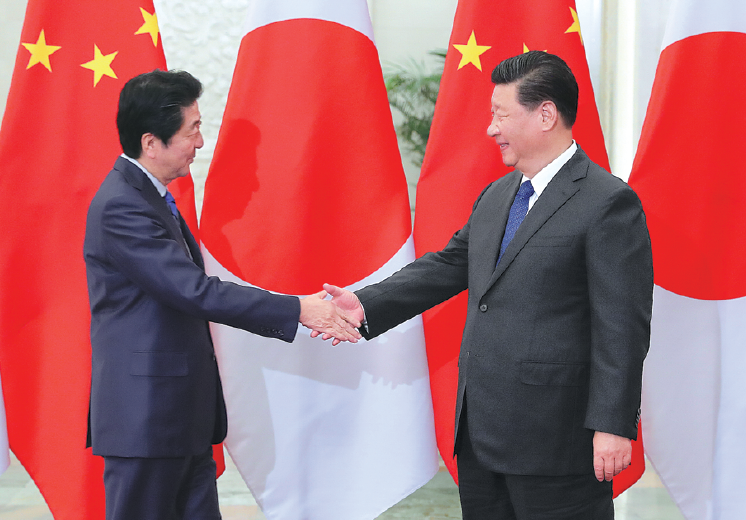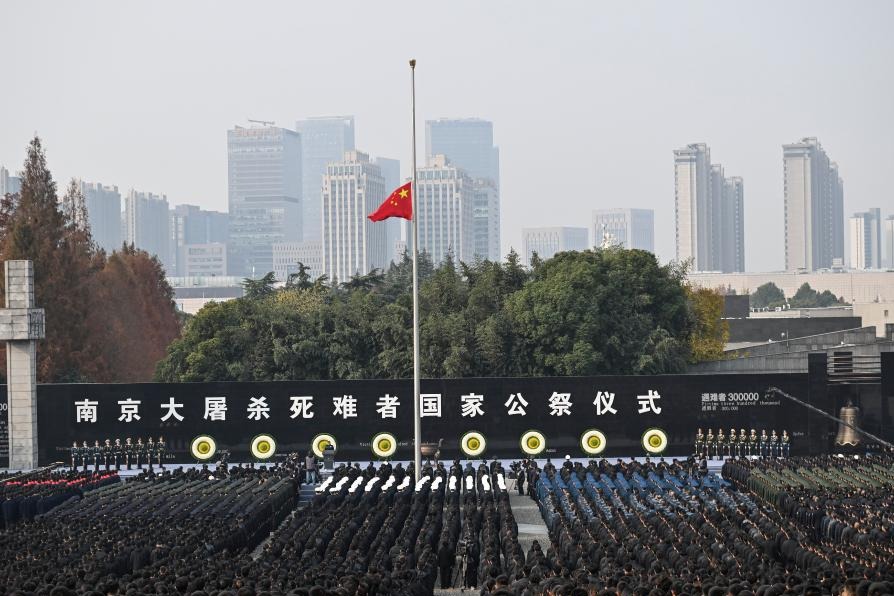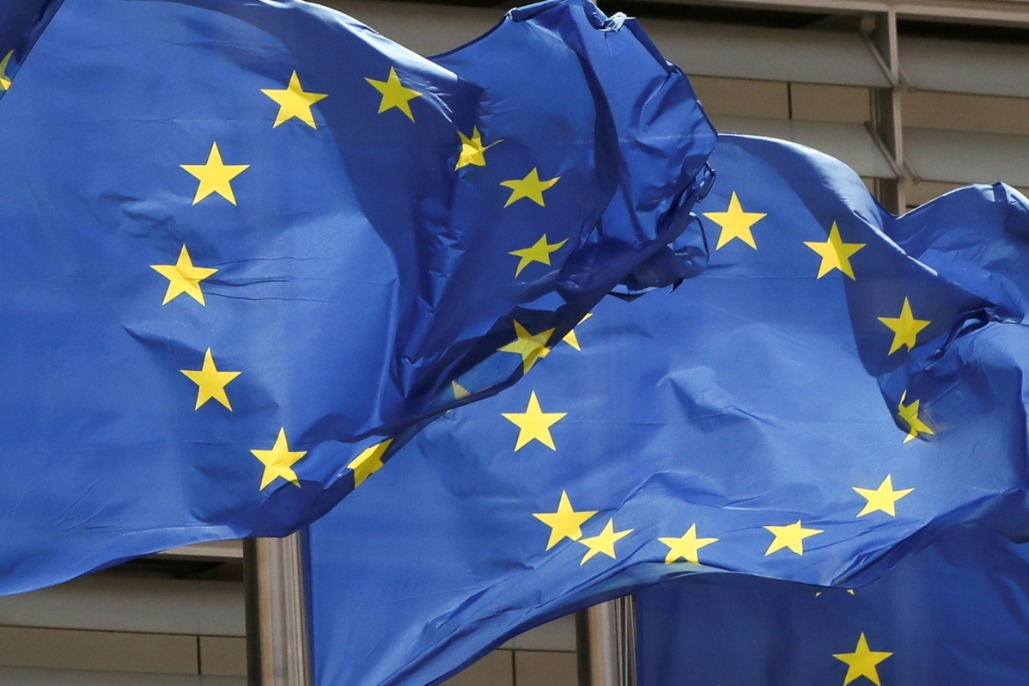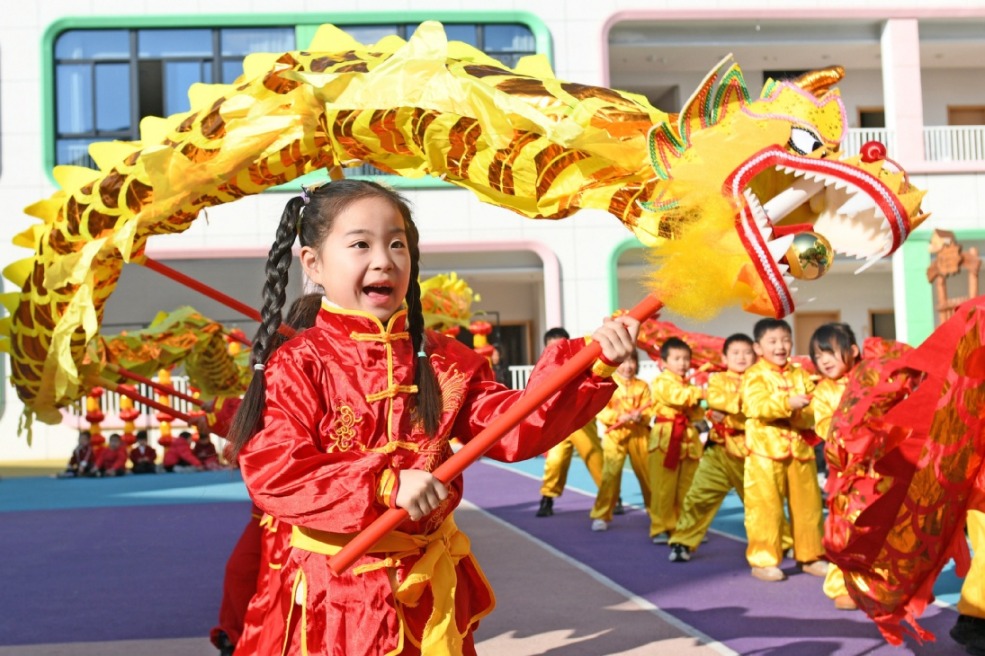Neighbors need to walk their talk: China Daily editorial


If the meeting between Chinese President Xi Jinping and Japanese Prime Minister Shinzo Abe on the sidelines of the G20 summit in Osaka was a tentative move toward improving the strained China-Japan relationship, the latter's just-concluded visit to China to attend the China-Japan-Republic of Korea leaders' meeting, ahead of which he again met with Xi, indicates greater shared interest in reorienting the two countries' sometimes volatile ties.
China would have loved to get further engagement from Japan on the Belt and Road Initiative, and greater cooperation on technologies such as 5G and artificial intelligence. It would also have been a huge plus for Japan had the discussions yielded specific outcomes.
But it seems that we will have to wait until the Chinese leader's planned visit to Japan, scheduled for April, for that kind of bumper harvest. Not just because both parties will want to deliver something that is at once both symbolic and substantial from that meeting, but the political atmosphere has always been a critical factor outweighing any immediate gains in this particular relationship.
Judging from his talks with both President Xi and Premier Li Keqiang, Abe's visit was indeed more about course-setting, if not path-finding.
Xi and Abe agreed in Osaka to build China-Japan relations in accordance with the needs of the new era. They have apparently achieved broader and deeper consensus on how bilateral ties should be approached.
"To plan for and manage China-Japan relations in the new era, we first need to ascertain strategic consensus," Xi told Abe during their Monday meeting in Beijing. Approaching bilateral ties from a global perspective, based on mutual respect and aimed at win-win outcomes should be a "common strategic guidance" and "foundation" for the kind of relations they envision together, according to Xi.
Abe, during an interview with China Global Television Network prior to his China visit, also emphasized the need to "ascertain strategic consensus, maintain a correct direction, and promote relations between the two countries to always keep proceeding on a correct track".
Both Xi and Abe portrayed the present global context of bilateral ties as "changes not seen in 100 years", both highlighted the significance of a "correct track" for bilateral ties, both stressed the two countries' responsibilities for the region and world, and both pledged to "properly handle significant, sensitive issues".
Such unusual convergence in their rhetoric shows the two countries' leaders have found greater common ground at the strategic level. Which boils down to the two parties seeing each other as partners rather than threats, and seeking to turn competition into coordination.
All the vows, though, must face the test of the lingering historical and territorial disputes, which require political wisdom from both sides to address.


































